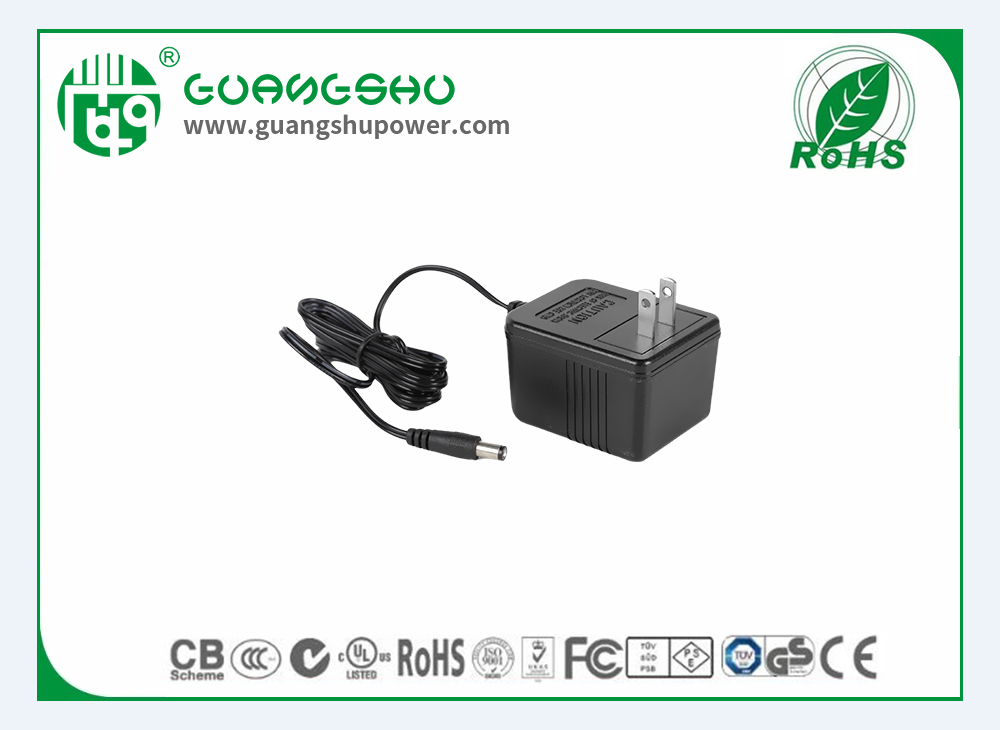Time:2025-07-01 Views:0

The bend resistance of charger cables is a crucial factor that significantly impacts the lifespan and reliability of charging equipment. Charger cables are constantly subjected to bending, twisting, and flexing during daily use, whether it’s coiling them for storage, plugging and unplugging, or simply moving the connected devices. Poor bend resistance can lead to internal wire breakage, insulation damage, and ultimately, cable failure.
From a technical perspective, the design and materials used in charger cables play a vital role in determining their bend resistance. High - quality cables often incorporate multiple layers of protection. The inner core typically consists of fine - stranded copper wires, which are more flexible than solid wires and can withstand repeated bending without breaking. Surrounding the core, there is usually a layer of insulation material, such as thermoplastic elastomers (TPE) or polyvinyl chloride (PVC). TPE, in particular, offers excellent flexibility and durability, making it a popular choice for high - end cables.
Moreover, some advanced charger cables feature additional reinforcement structures. For example, a braided outer sheath made of materials like nylon or aramid fibers can enhance the cable’s strength and protect it from abrasion and bending stress. These braided sheaths not only improve the physical durability but also give the cable a more premium look and feel.
In the industry, there are specific standards to evaluate the bend resistance of cables. For instance, the IEC (International Electrotechnical Commission) has guidelines that define the number of bending cycles a cable should withstand without failure. Manufacturers often conduct rigorous testing, such as the 180 - degree bending test, where the cable is bent back and forth a certain number of times, and then its electrical performance is checked for any signs of degradation. A charger cable with good bend resistance can endure thousands of bending cycles, ensuring long - term stable performance and reducing the frequency of cable replacement, which is not only cost - effective for users but also more environmentally friendly.
Read recommendations: